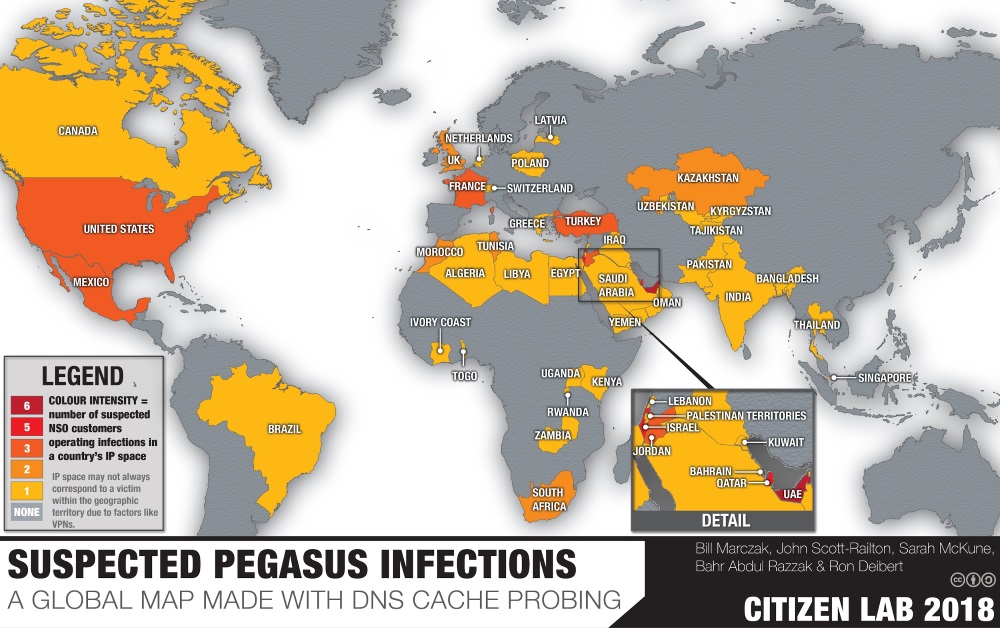With the emergence of voxel technology, the gaming industry had a total resurrection. These little 3D cubes have been integral voxel based games, providing revolutionary game design solutions. With developers adopting voxels, they open a compelling new realm of immersive gaming experiences that challenge the very essence of the gaming we have come to know.
In this article, we will be heading into the realm of voxels and will be looking at what they are, what do they do, and a classic voxel-oriented-game Voxel Tycoon.
What are voxels?
A voxel can be thought of as a 3D equivalent of a pixel in computer graphics. (in 3D image) it’s the smallest cube you can find. Just like in Minecraft and everyblock in the world of Minecraft can be considered as a voxel. For instance, as in the image: A lion formed from different colored voxels.

A voxel can be thought of as a 3D equivalent of a pixel in computer graphics. (in 3D image) it’s the smallest cube you can find. Just like in Minecraft and everyblock in the world of Minecraft can be considered as a voxel. For instance, as in the image: A lion formed from different colored voxels.
In contrast to classical geometry, in which coordinates dictate the placement of any shape, voxels are laid out by their relationship with one another. This characteristic make ideal for create complexes object with out repetitive patters give the designer and artist more freedom for creativity in 3d design.
Every voxel contains the coordinates of the voxel with respect to 3d space and the properties associated with the voxel. The voxels are the 3D cubes that constitute this virtual world in the game. Voxels offer an additional level of detail in the depiction of objects and terrain, different from polygons which are traditionally used in most games.
How do voxels work?
Voxels utilize grid-like structure to segment the virtual world into cubical form. Each tone contains information about the type of material, transparency, and even dynamic properties of its material type, among others. Through assembling these voices, game designers can make exceptionally nuanced and adaptable worlds and, as such, voice-based recreations stand separate for their subtleties and assortment.
How Voxels Are designed
Voxels are designed using specialized voxel editors, which are software tools specifically designed for creating and manipulating voxel-based assets. These editors allow game developers and designers to easily create complex 3D voxel models and environments. A popular example of a voxel editor is “magic voxel“.

MagicVoxel is a free easy-to-use voice editing tool created by artist/programmer Eftracy. The reason why it is very popular nowadays is because of the friendly user-interface and great feature list. Designers can sculpt with cubes, adjust colors, and even add real-time qualities like transparency/animation with MagicVoxel to create intricate voxel models. Artists now have the ability to easily realize their creative vocal vision with a suite of powerful tools provided by the editor.
But apart from MagicVoxel there are other voxel editors that are on the market and address game developer’s and artists’ different needs and taste. They play an essential role in making the process of creating voxels more manageable and have become necessary assets for creating successful voxel-based games.
Example of Voxel Tycoon Game
Voxel Tycoon is an outstanding game that proves voxels have immense potential in gaming. The game is made by a small group of indie developers — blending in elements of Business Simulation, Transportation, and Logistics, the game looks as pretty as a picture while being completely playable.

Players step into the shoes of an ambitious transportation tycoon seeking to carve a massive industrial empire out of a procedurally generated world in Voxel Tycoon. The voxel-based visuals bring to the table an enticing isometric view, taking gamers into a world of building and management in transportation networks, production lines, and resource management.
Refer:


